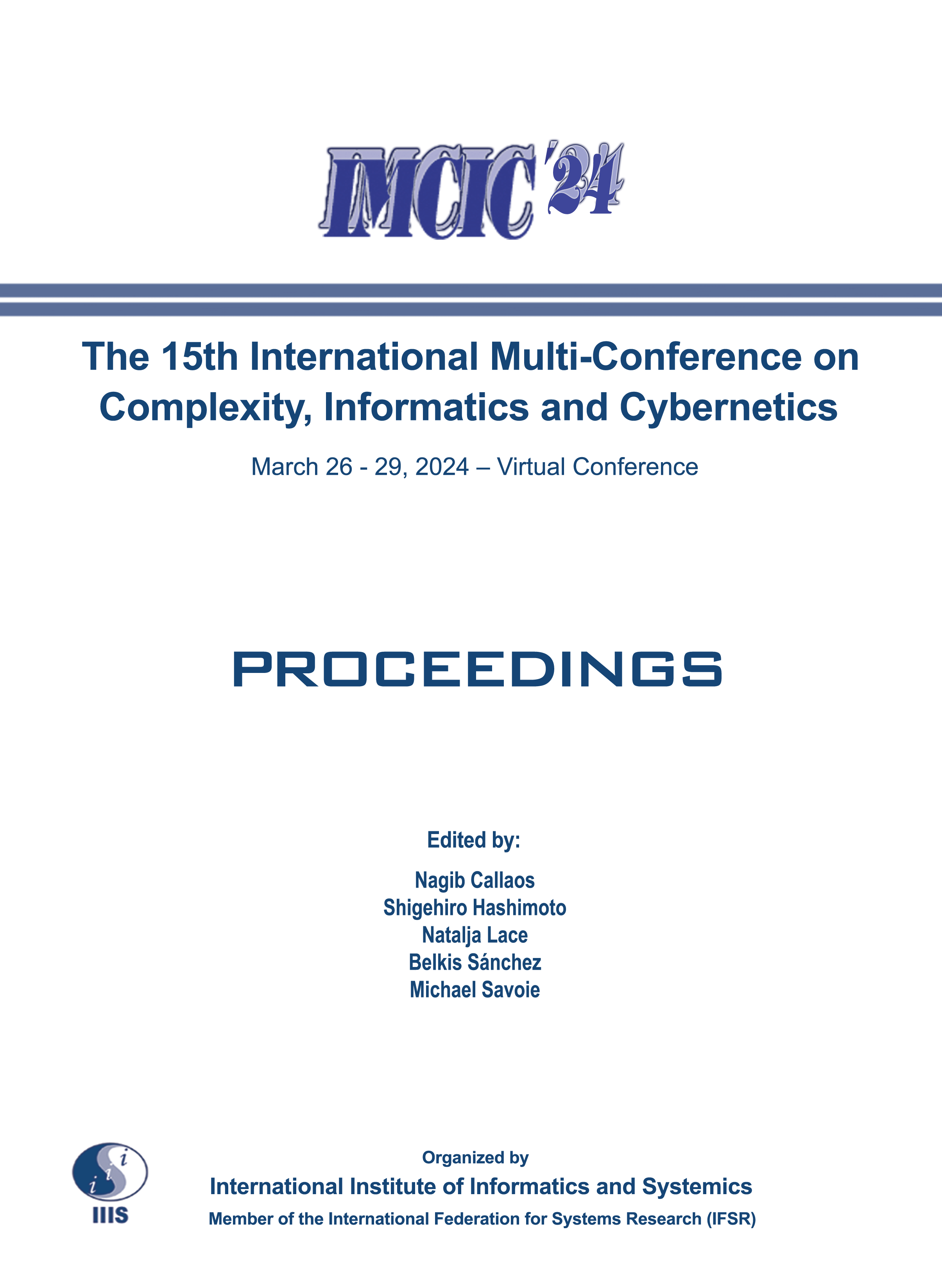2024 Spring Conferences Proceedings

|
An Assessment of Voice Quality and QoS in Real VoIP Calls Using Multiple Voice Codecs
Martín Ortega Ortega, Josué Ortega Ortega
Proceedings of the 15th International Multi-Conference on Complexity, Informatics and Cybernetics: IMCIC 2024, pp. 79-88 (2024); https://doi.org/10.54808/IMCIC2024.01.79
|
The 15th International Multi-Conference on Complexity, Informatics and Cybernetics: IMCIC 2024
Virtual Conference March 26 - 29, 2024 Proceedings of IMCIC 2024 ISSN: 2771-5914 (Print) ISBN (Volume): 978-1-950492-78-7 (Print) |
|
Abstract
To get an excellent voice quality in Voice over Internet Protocol (VoIP) calls you need to analyze and evaluate the perception that the user has in these calls, in addition to their Quality of Service (QoS). Thus, the analysis of the Mean Opinion Score (MOS) and the technical theoretical values of QoS, such as latency, jitter, and packet loss, were carried out in this research. For this we used different case scenarios based on the Intra-Wireless Local Area Network (Intra-WLAN) belonging to the institution of higher education in Ecuador, where the present research work was carried out, using also an External WLAN or a plan of Internet services and mobile data. In the case scenarios, real VoIP calls were made, of which 64 were documented. These calls were made through three softphone applications with Session Initiation Protocol (SIP) accounts installed in two terminal equipment (smartphones). Within the three applications, the following 8 voice codecs were configured: G.711u, G.711a, G.722 (wideband), G.726-32 (between wideband and narrowband), and GSM 06.10, G.729, Speex-8 and iLBC-13.33 (narrowband). In the tests performed during VoIP calls regarding MOS and QoS, the best result was obtained with the iLBC-13.33 codec.
|
||




